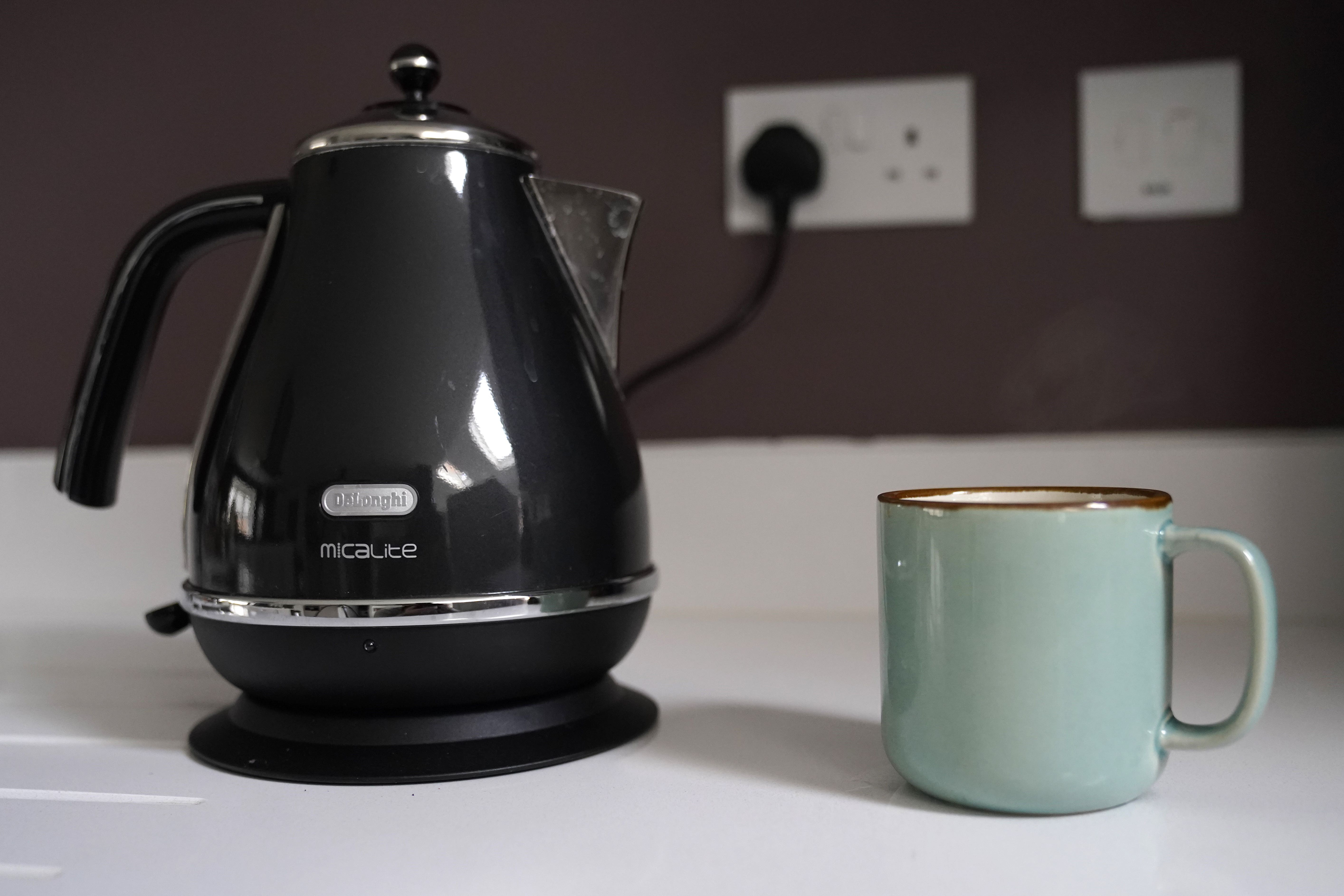Hundreds of cancer-causing chemicals are found in food packaging, new study shows
Chemicals that may increase the risk of breast cancer could potentially be in your kitchen
Your support helps us to tell the story
From reproductive rights to climate change to Big Tech, The Independent is on the ground when the story is developing. Whether it's investigating the financials of Elon Musk's pro-Trump PAC or producing our latest documentary, 'The A Word', which shines a light on the American women fighting for reproductive rights, we know how important it is to parse out the facts from the messaging.
At such a critical moment in US history, we need reporters on the ground. Your donation allows us to keep sending journalists to speak to both sides of the story.
The Independent is trusted by Americans across the entire political spectrum. And unlike many other quality news outlets, we choose not to lock Americans out of our reporting and analysis with paywalls. We believe quality journalism should be available to everyone, paid for by those who can afford it.
Your support makes all the difference.Researchers have identified nearly 200 chemicals used to make food packaging that could possibly increase the risk of breast cancer.
Found in plastics and paper, some of the potential mammary carcinogens include polysterene and polyamide, which are used in styrofoam to-go containers from restaurants and black plastic spatulas.
“If there’s one change you’re going to make: stop using polysterene. Get rid of it,” Jane Muncke, study co-author and the managing director of the Switzerland-based Food Packaging Forum, told The Independent on Monday.
The analysis, published in the journal Frontiers in Toxicology, builds upon research published earlier this year, which identified more than 900 chemicals as being potential mammory carcinogens. They ran that list against the forum’s own inventory of more than 14,000 food contact chemicals, finding an overlap of 189 chemicals.
“I understand it can be a little bit overwhelming. Because, basically it tells us there are known carcinogens in our food supply,” said Muncke.

Of the 189 chemicals they identified, there is hard evidence than 76 are transferring into food from the packaging, and 68 chemicals have been detected in people.
But, the chemicals are not just transferred to food by its packaging. They can also spread using processing equipment, kitchenware, tableware, and electric tea kettles.
To navigate around these risks, and reduce exposure, consumers should be aware of four things. First, heat can increase the migration of these chemicals: whether that’s in a microwave at home or before the item is purchased, while it is heat treated.
Second, long storage time can also be a factor, and Muncke advises users to transfer food items like rice, flour, and polenta into inert containers. “There’s always a ‘best before’ date on these foods and that’s mostly to do with the migration from the packaging,” she noted.
Thirdly, food chemistry plays a role, and items with higher fat content should not be put into containers that could leach the chemicals.
Lastly, acidity is also a concern, with lemons and tomato sauce able to increase migration.
“If you squeeze lemon juice at home or orange juice, you could use a stainless steel or glass press for that,” Muncke advised.

And, the less processed food and drink people consume, the better they are protected from the chemicals.
Muncke noted that their findings come after decades of research on chemicals with associations to cancer. Testicular cancer is associated with PFOA; the chemical was used in the production of teflon cookware until 2013.
The study’s authors are calling for better regulation of these chemicals going forward. In addition, they want food packaging materials to be tested using modern science, like toxicology and screening. Muncke said that the rules need to be updated for testing chemicals before they are put on the market, as well as those already out in the world.
“And, really ensure that these materials that we put into contact with our food stuff are actually fully safe.”
Join our commenting forum
Join thought-provoking conversations, follow other Independent readers and see their replies
Comments